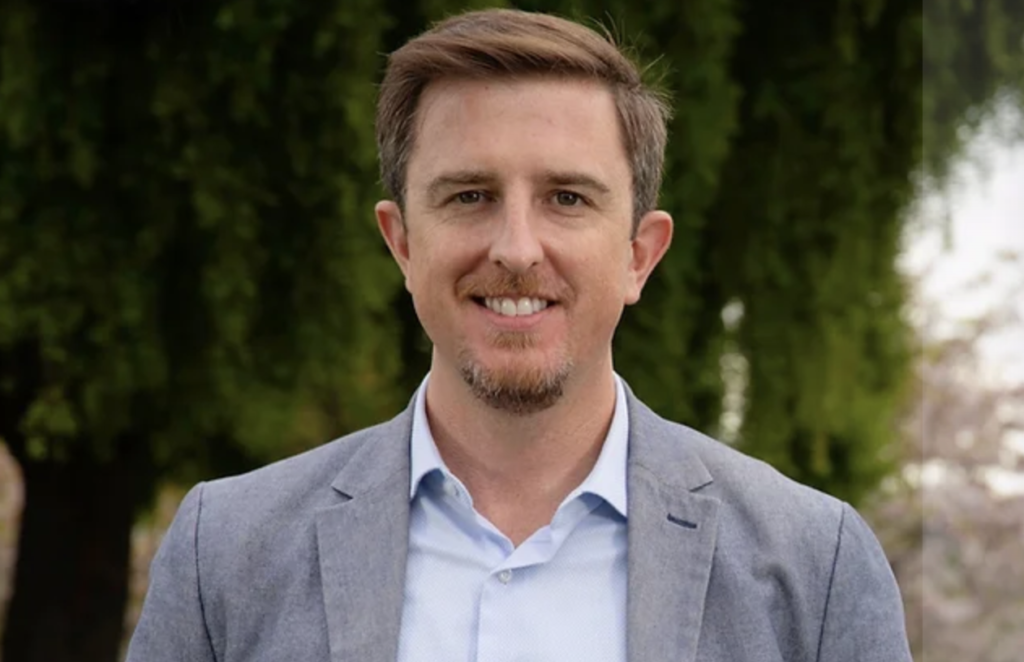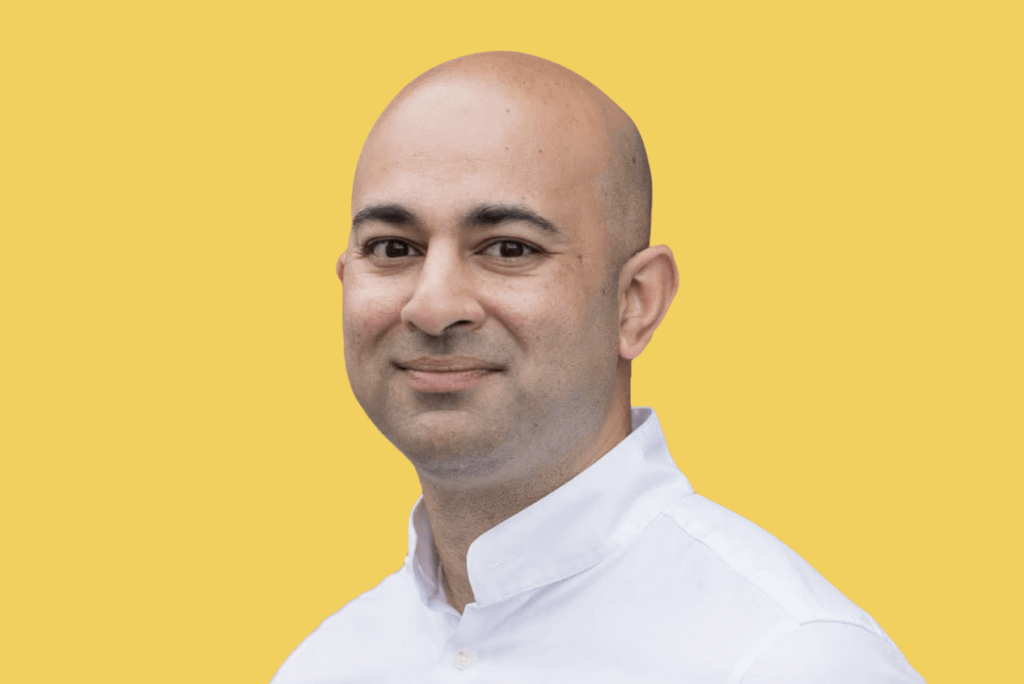One of the main reasons that candidates like Bilal Mahmood and Trevor Chandler run for the Democratic County Central Committee is to promote their campaigns for supervisor. State law imposes no limits on fundraising for DCCC campaigns, so candidates can raise huge sums, promote name recognition—and sometimes get in trouble be comingling those funds.
But it’s interesting to see how well it worked so far—and results from the March 5 election present an interesting pattern:
Mahmood and Chandler both did well in Assembly District 17, winning seats on the DCCC handily.

But most of their strongest support came from outside the districts where they are seeking a supe seat.
Chandler got 4.1 percent of the vote district wide. In D9, where he is running for supe, he got only 3.8 percent, or 5,960 votes. In the last contested D9 election, in 2016, winner Hillary Ronen got 18,335 votes.
Jackie Fielder, who is running in D9, got 14,000 votes in that district when she ran for state Senate in 2020.
Mahmood, who is running for D5 supe, got 4.12 percent of the vote district wide—but his weakest areas were the Haight and Hayes Valley. Part of D5 is in Assembly District 19, so the Department of Elections doesn’t do a D5 breakdown, but you can look at the neighborhood numbers, and he was much stronger in the more conservative parts of town.

And this was in an election where the turnout in D9 and D5 was far lower than it will be in the fall.
In D1, candidate Marjan Philhour did better, willing 6,881 votes to 5,800 for incumbent Sup. Connie Chan. Turnout figures, though, show very low voter interest in the more progressive areas and very high turnout in, for example, Seacliff, a very conservative area recently added to the district in the mayor’s gerrymander.
So the DCCC campaigns helped the candidates in D5 and D9 raise a lot of money, and I suspect they spend a fair amount of that targeting voters in the areas where they will be running in the fall. But so far, it hasn’t translated into much support in those two districts.




